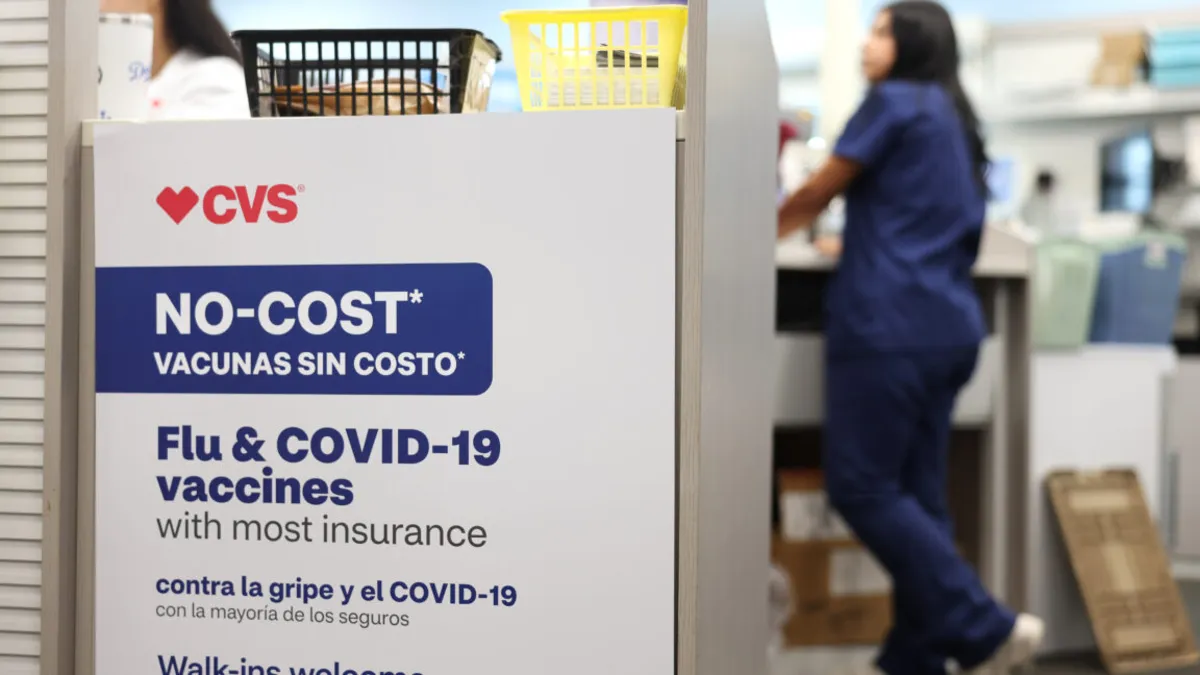
The acting director of the Centers for Disease Control and Prevention (CDC) has officially approved the recommendations for this year's COVID-19 vaccines. As a result, access to these vaccines will resemble the straightforward process seen in previous years, ensuring that individuals can obtain their vaccinations with ease. Here’s a detailed overview of the essential information you need regarding this year's COVID-19 vaccine rollout.
For the current season, everyone aged 6 months and older will have access to the COVID-19 vaccines. Importantly, these vaccines are expected to be fully covered under various insurance plans, including private insurance, Medicare, Medicaid, the Children’s Health Insurance Program, the Vaccines for Children Program, and insurance plans regulated by the Affordable Care Act. The American Health Insurance Plans (AHIP), which represents major insurers, has confirmed that private insurance plans will continue providing coverage without any cost-sharing, irrespective of the complexities in this year’s federal recommendations.
Similar to previous years, most Americans can receive their COVID-19 vaccines at local pharmacies. Individuals will be able to visit their pharmacy, complete some necessary forms, and receive their vaccine without the need for a prescription or proof of any underlying health conditions. This streamlined approach mirrors the accessibility seen in past vaccination efforts.
Although the Food and Drug Administration (FDA) recently updated the labels for COVID-19 vaccines to suggest limiting access primarily to individuals over 65 and those under 64 with certain health conditions, the CDC's advisory committee did not impose these restrictions. The committee has emphasized that vaccine access should be determined through shared clinical decision-making, allowing individuals to consult with health care providers—including nurses and pharmacists—about their vaccination options.
Despite some interpretations of shared clinical decision-making as a new limitation, it does not significantly impact adults seeking vaccination. Most vaccines are administered by pharmacists, who are well-equipped to ensure appropriate care without denying vaccines to eligible patients. In an interview with Ars Technica, Brigid Groves, vice president of professional affairs for the American Pharmacists Association, expressed concern over efforts to limit access, emphasizing the safety and efficacy of the vaccine for young, healthy individuals.
Representatives from major pharmacy chains like CVS and Walgreens have confirmed that they will not require patients under 65 to prove any underlying conditions to receive a COVID-19 vaccine. "If a patient wants to get the vaccine, they’ll get it," stated Amy Thibault, a CVS spokesperson. While the shared decision-making process may introduce additional forms regarding risks and benefits, the overall experience should remain consistent with previous vaccination seasons. Recently, individuals have been able to schedule same-day appointments for updated COVID-19 vaccines at local pharmacies without needing to attest to any medical conditions.
While adults and older children can easily access vaccines, younger children—especially those under age 5—may face more challenges. Traditionally, pharmacists do not vaccinate younger children, necessitating visits to a pediatrician. The American Academy of Pediatrics supports broad access to the vaccine for all children, particularly emphasizing vaccination for those under age 2 and those with underlying conditions due to their heightened risk of severe disease.
However, complications arise due to the FDA's restriction of Pfizer's vaccine to children aged 5 and older, leaving only the Moderna vaccine available for younger children. Additionally, confusion surrounding federal recommendations has led some pediatric offices to delay ordering vaccines, contributing to difficulties in obtaining pediatric doses. Despite these challenges, some parents have successfully booked vaccination appointments for children over age 5 at local pharmacies and pediatrician offices.
For certain stakeholders, the confusion surrounding COVID-19 vaccine access appears to be intentional. Although many individuals' access will remain unaffected, this ambiguity may discourage some from getting vaccinated. The concept of shared clinical decision-making was introduced to emphasize the minimal risks associated with COVID-19 vaccines.
In a recent announcement, CDC acting director Jim O'Neill highlighted the importance of informed consent in the vaccination process. "Informed consent is back," he stated, noting that previous blanket recommendations had hindered meaningful discussions between healthcare providers and patients regarding the risks and benefits of vaccination. It is also essential to remember that the advisory committee, currently composed of some vaccine skeptics, initially pushed for more restrictive access to COVID-19 vaccines, a proposal that was narrowly defeated.
In conclusion, while the 2023 COVID-19 vaccine rollout may have its complexities, individuals are encouraged to stay informed and take advantage of the available resources to ensure they receive their vaccinations without unnecessary obstacles.